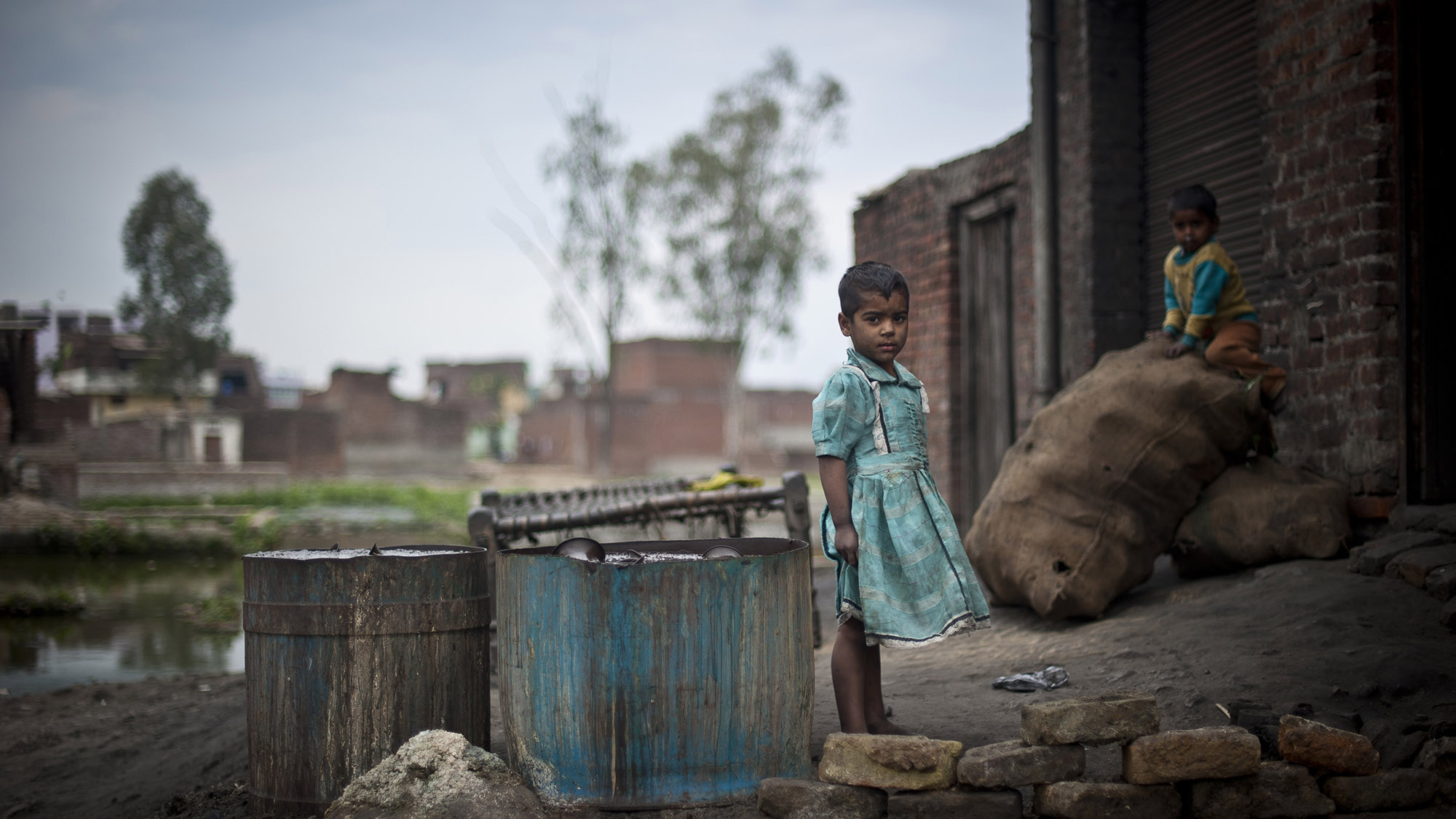
Regional integration & poverty reduction in the horn of africa : The AfCFTA Perspective
African governments and their partner multilateral organizations including the World Bank and the African Development Bank recognized the imperative for an integrated and well-connected continent against the changing global landscape to fast-track industrialization and promote inclusive economic growth and development. For Africa, a vast continent of over 1.2 billion people, regional integration has considerable potential not only for enhancing regional trade and promoting robust and equitable economic growth through integrated markets but also for reducing conflict and ensuring peace and security (Matthews, 2003; Alexander et al, 2003). Currently, African governments are showing commitments to a continent-wide free trade area through the African Continental Free Trade Agreement (AfCFTA) which aims at accelerating the continental integration agenda and bringing the continent into the global trading system as a well-connected and integrated continent rather than as individual countries as set out in Agenda 2063 (AUC, 2015). Agenda 2063 clearly states that by 2063, Africa shall be united with world class and integrated infrastructure that crisscrosses the whole continent; and becomes a continent of seamless borders, and manages cross-border resources through dialogue. It plans to promote the low intra-regional trade through coordinated infrastructure investment accompanied by trade facilitation; and calls for action to fast-track the establishment of the Continental Free Trade Area, strengthen the continent’s global trade negotiations power.
Regional integration, however, is not an end in and of itself. It is only useful to the extent that it enables African countries to address the development challenges they face, the most serious of which is how to achieve sustained growth and poverty reduction. Regionalism has played a vital role in fostering peace and security in Africa over the past few decades. However, fully exploiting its potential for economic development remains a challenge as evidenced, for example, by the prevalence of weak production and export structures in African countries, the increase in the number of poor people on the continent, and the low shares of regional trade in Africa’s total trade.
Recognizing the slow regional integration process and the need to address the fragmentation of the economies, 44 African countries signed a framework agreement to establish a single continental market (i.e., the African Continental Free Trade Area, AfCFTA) for goods and services in 2018, with free movement of capital and business travelers. It entered into force in May 2019 after 24 countries had deposited their instruments of ratifications. Currently, 54 of the 55 AU member states with the exception of Eritrea have signed the agreement and 35 countries of the 54 signatories have ratified the agreement. From the Horn of Africa (HoA) countries, Djibouti, Ethiopia, Kenya and Uganda have already signed and ratified the agreement; while Sudan, South Sudan and Somalia signed but have not yet ratified. Eritrea is yet to sign and ratify the Agreement establishing the AfCFTA.
